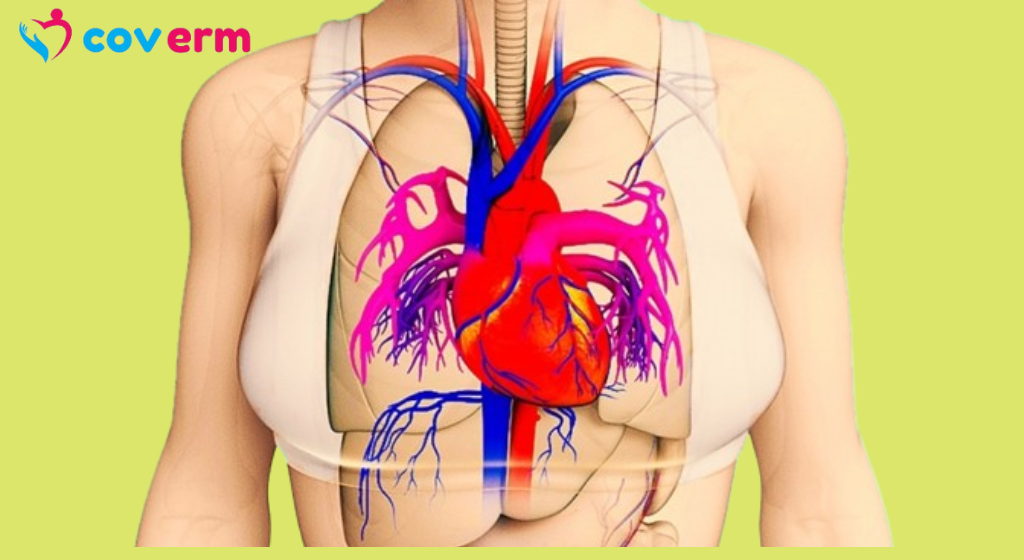A month before a heart attack, your body will warn you: 6 warning signs to recognize.
by admin
Here are 10 symptoms of a heart attack that may appear months or even longer before the fatal event:
- Angina (Chest Pain): This is a typical symptom of a heart attack and may occur intermittently.
- Heart Palpitations: Irregular or rapid heartbeats may indicate underlying heart issues.
- Shortness of Breath: Difficulty breathing, especially during physical exertion, can be a warning sign.
- Cold Sweats: Experiencing cold sweats, particularly without any apparent reason, could be a symptom of heart problems.
- Fatigue: Feeling excessively tired, even with adequate rest, may indicate underlying cardiovascular issues.
- Vague Feeling of Uneasiness: Some individuals may experience a general sense of discomfort or unease that persists over time.
- Vague Discomfort: Similar to uneasiness, vague discomfort may be present without a clear cause.
- Abdominal Pain: Pain or discomfort in the abdominal area may be a sign of heart trouble, especially if it persists.
- Back Pain: Back pain, particularly in the upper back, may be a symptom of underlying heart issues.
- General Decrease in Stamina: A noticeable decrease in overall stamina or endurance, especially with physical activities, may indicate potential heart problems.
These symptoms may manifest months or even years before a heart attack occurs. Coronary artery disease, often caused by high levels of “bad” cholesterol, can lead to plaque buildup in the arteries, increasing the risk of a heart attack. Other factors such as iron deficiency and hypoxia (low oxygen levels) can also contribute to the risk of heart attacks.
It’s crucial to pay attention to these warning signs and consult a healthcare professional if you experience any concerning symptoms. Making lifestyle changes, managing cholesterol levels, and addressing underlying health conditions can help reduce the risk of heart attacks.



